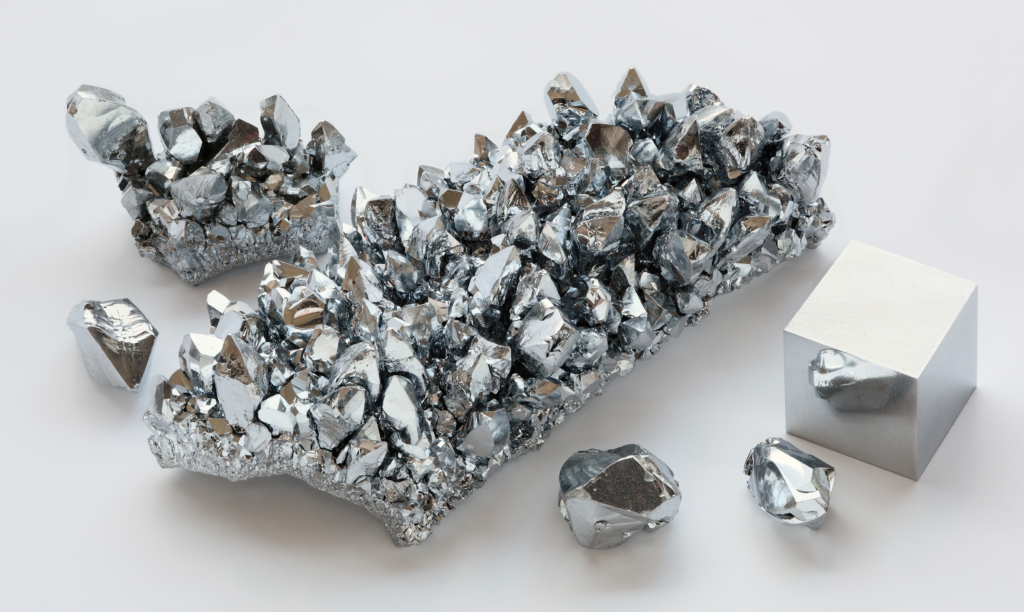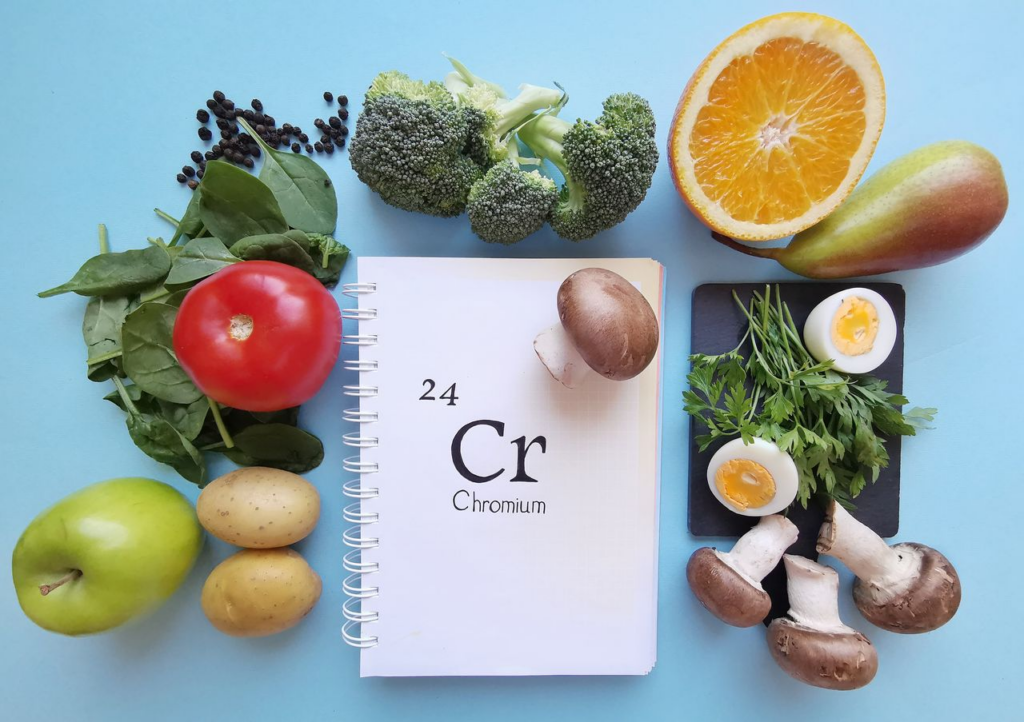You are familiar with magnesium, but not chromium 2023

The CDC is concerned about the rising prevalence of diabetes, a chronic disease that impacts energy production. Type 1, Type 2, and gestational diabetes can occur in pregnant women.
The CDC estimates that more than 1 in 3 Americans have prediabetes, and 80% of them don’t realize it. Prediabetes is elevated blood sugar but not Type 2 diabetes.
Prediabetes also increases heart disease and stroke risk. The CDC promotes lifestyle modifications to correct prediabetes, although several nutritional supplement companies promote chromium to regulate blood sugar.
Despite marketing, experts believe most individuals receive enough chromium through diet and that the data supporting its supplementation is weak.

What’s chromium?
Trace levels of chromium are important to the body.
“It is naturally present in many foods,” explains Arizona State University nutrition professor Carol Johnston, PhD, RD.
It boosts insulin, a hormone that turns sugar and carbs into energy, to regulate blood sugar.
Does chromium benefit the body?
According to the National Institutes of Health Office of Dietary Supplements, chromium helps digest and absorb carbs, proteins, and lipids.
“The studies supporting this are not thought to be of the best quality,” says Uma Naidoo, MD, director of nutritional and lifestyle psychiatry at Massachusetts General Hospital and author of “This is Your Brain on Food.” Chromium is also promoted as a “supplement for weight loss, fat burning and appetite suppression.”
Beth Czerwony, RD, a registered dietitian at Cleveland Clinic’s Center for Human Nutrition, agrees that “the American Diabetes Association does not recommend chromium supplementation due to lack of data showing that it benefits people with diabetes or obesity.”

Chromium-containing foods?
Czerwony advocates chromium from a healthy diet rather than supplementation. “Meats, grain products, fruits, vegetables, and nuts,” she explains, are mineral-rich diets.
Johnston recommends “beef, turkey, and ham” with sometimes grape or orange juice. Naidoo states broccoli, green beans, potatoes, apples, bananas, egg yolks, and fish contain chromium.
The National Institutes of Health Office of Dietary Supplements says such foods are good sources of chromium, but the amount will “vary depending on local soil and water conditions as well as agricultural and manufacturing processes used to produce them.”
Chromium: safe?
Johnston said the Food and Nutrition Board has established an Adequate Intake (AI) for chromium since there is not enough data to create a Recommended Dietary Allowance (RDA). Men aged 19–50 should have 35 micrograms of AI, while women should acquire 25 micrograms. Harvard T.H. Chan School of Public Health advises a small reduction for over-50s.
Most people obtain enough chromium from a balanced diet, so supplementing with trace amounts is unnecessary. “And there may be side effects of chromium supplementation,” warns Naidoo. These include dizziness, diarrhea, headaches, and hives. “Chromium as a supplement may also interact with prescription medication you are taking,” she says. “So speaking to your doctor is key.”
